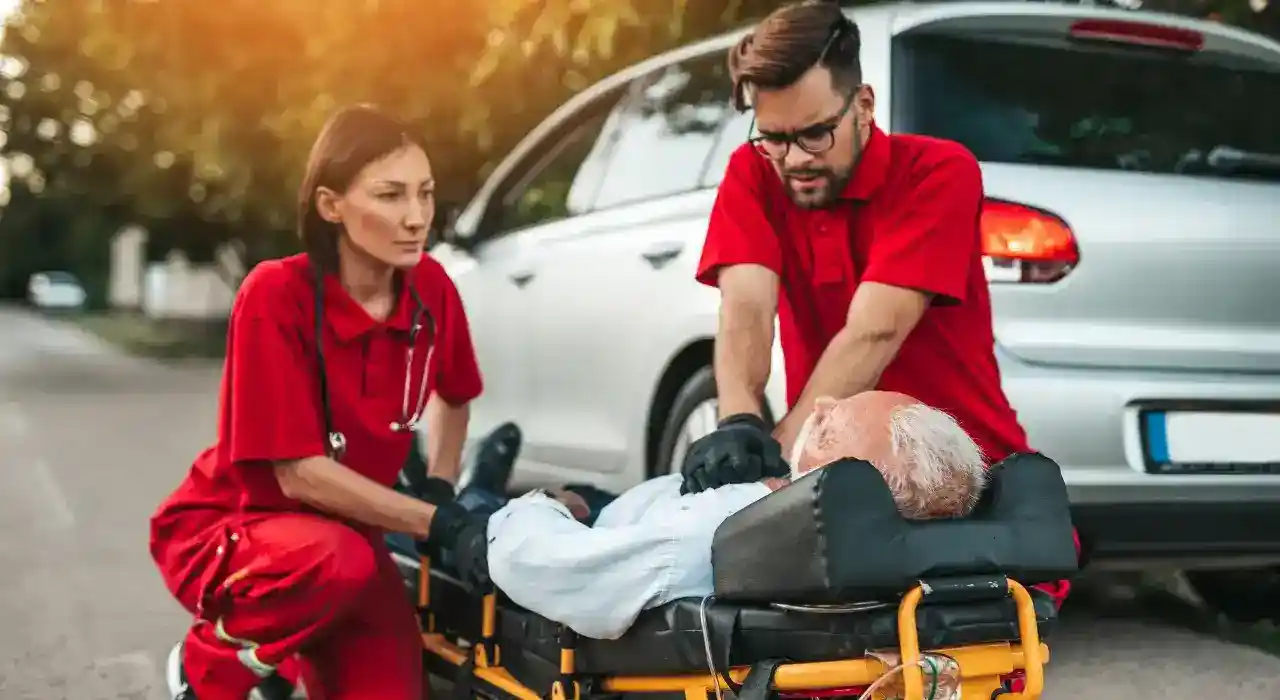Introduction
The insurance industry has a long and sordid history of discriminating against poor and minority plaintiffs in personal injury cases. This article delves into the unfair treatment of these already vulnerable populations, focusing on the undue duress faced by those who have suffered a personal injury and are grappling with the loss of work capacity. We will explore how insurance companies use subtle tactics to wear down claimants, ultimately offering them lower compensation while treating them with disdain.
The Plight of Disadvantaged Personal Injury Victims
A. Loss of Work Capacity and Economic Hardships
When poor or minority individuals sustain a personal injury, the loss of work capacity exacerbates their already precarious financial situations. Without the means to work, they face mounting medical bills, daily living expenses, and the uncertainty of their financial futures. This economic hardship adds to their stress and vulnerability, making them prime targets for insurance companies seeking to minimize payouts.
B. The Emotional Toll of Discrimination
Discrimination is not just a financial issue; it also takes a tremendous emotional toll on those affected. The disdainful treatment of disadvantaged personal injury victims by insurance companies erodes their self-esteem and sense of dignity. This emotional distress further complicates their recovery and ability to fight for fair compensation.
The Unscrupulous Tactics of Insurance Companies
A. Wearing Down Claimants
Insurance companies often engage in tactics designed to wear down claimants, ultimately compelling them to accept lower settlements. These tactics may include:
Delaying tactics: Insurers may purposefully delay claims processing, forcing claimants to wait for long periods before receiving any compensation. This strategy takes advantage of their desperate financial situations, making it more likely they will accept a lower settlement out of necessity.
Denying or minimizing medical treatment: Some insurance companies will question or deny the necessity of medical treatments, second-guessing doctors’ orders, and adding to the claimant’s burden. This tactic not only undermines the claimant’s recovery but also casts doubt on the severity of their injuries, paving the way for lower settlement offers.
Intimidation and harassment: Insurance adjusters may employ aggressive negotiation tactics, questioning the claimant’s credibility and belittling their suffering. This can leave claimants feeling overwhelmed and powerless, making them more likely to accept an inadequate settlement.
B. Offering Lower Compensation
Insurance companies may exploit the vulnerability of poor and minority personal injury victims by offering them lower compensation than their wealthier, non-minority counterparts. This discrimination is rooted in historical practices and reinforced by risk classifications based on factors such as race and socioeconomic status.
Empowering Personal Injury Victims
A. Education and Awareness
Educating disadvantaged personal injury victims about their rights and the tactics used by insurance companies is crucial. By raising awareness about the discriminatory practices they may face, we can empower them to stand up for fair compensation and treatment.
B. Legal Support
Poor and minority personal injury victims should have access to competent legal representation to level the playing field against insurance companies. Legal professionals can help them navigate the complex claims process, advocate for their best interests, and negotiate fair settlements.
C. Policy Reforms
Addressing the systemic discrimination faced by disadvantaged personal injury victims requires policy reforms that ensure fair treatment and compensation for all. This may include strengthening anti-discrimination laws, prohibiting the use of credit scores in determining insurance rates, and implementing stricter oversight of insurance companies’ practices.
D. Community Support and Advocacy
Creating a strong support network for disadvantaged personal injury victims is essential in their fight for fair compensation. Community organizations, advocacy groups, and other stakeholders can provide resources, guidance, and emotional support to help these individuals persevere through the challenging claims process.
Conclusion
The discrimination faced by poor and minority personal injury victims at the hands of insurance companies is unjust and inexcusable. These vulnerable individuals deserve fair compensation and treatment as they struggle with the loss of work capacity and the emotional and financial hardships that come with it. By raising awareness about these issues, providing legal and community support, and advocating for policy reforms, we can help empower these victims and hold insurance companies accountable for their discriminatory practices.






